Palestinian poet released from Israeli prison after two months
Israeli authorities have released prominent Palestinian poet Darin Tatour, after she completed two months out of her original five-month jail term given to her for “inciting terrorism” on social networking platforms.
Israeli officials commuted Tatour’s sentence by three months, and she was released from Damon Prison, near the Rimon Junction in the Carmel Forest of northern Israeli-occupied territories, on Thursday.
“After three years of suffering, imprisonment and house arrest, I finally feel happy,” the Palestinian literary figure said upon her release.
She added, “I have gained my freedom and I will continue to write. All my suffering was due to a poem I wrote and it saddens me that they (Israeli authorities) imprisoned me for writing the poem.”
On July 31, the Israeli magistrate's court in the northern city of Nazareth sentenced Tatour after convicting her of “inciting terrorism” in a poem she posted online.
Back in 2015, the 36-year-old Palestinian was arrested by Israeli authorities for her poem entitled, “Resist, My People, Resist.”
Israel’s central court in Nazareth released Tatour from custody in early 2016, but placed her under house arrest.
Israeli forces detain al-Aqsa Mosque guard
Meanwhile, Israeli military forces arrested an al-Aqsa Mosque guard on Thursday morning as he was heading to his work at the compound in the Old City of the occupied East Jerusalem al-Quds.
Firas al-Dibs, spokesperson of the Islamic Waqf (Endowment) organization, which manages the compound's affairs, told the Palestinian Safa news agency that Israeli troopers detained Hamza al-Nabali, while he was walking towards the Hatta Gate to reach the mosque.
Palestinian sources, requesting anonymity, said Nabali was taken to an Israeli police station in the Old City for interrogation.

The occupied territories have witnessed new tensions ever since US President Donald Trump on December 6, 2017 announced Washington's recognition of Jerusalem al-Quds as Israel’s “capital” and said the US would move its embassy to the city.
The dramatic decision triggered demonstrations in the occupied Palestinian territories and elsewhere in the world.
The status of Jerusalem al-Quds is the thorniest issue in the decades-long Israeli-Palestinian conflict.
The Palestinians see East Jerusalem al-Quds as the capital of their future state.
Moreover, more than 185 Palestinians have been killed by Israeli forces ever since anti-occupation protest rallies began in the Gaza Strip on March 30. Nearly 20,000 Palestinians have also sustained injuries.
The Gaza clashes reached their peak on May 14, on the eve of the 70th anniversary of Nakba Day (Day of Catastrophe), which coincided this year with the US embassy relocation from Tel Aviv to occupied East Jerusalem al-Quds.
On June 13, the United Nations General Assembly adopted a resolution, sponsored by Turkey and Algeria, condemning Israel for Palestinian civilian deaths in the Gaza Strip.
The resolution, which had been put forward on behalf of Arab and Muslim countries, garnered a strong majority of 120 votes in the 193-member assembly, with eight votes against and 45 abstentions.
It called on UN Secretary General Antonio Guterres to make proposals within 60 days “on ways and means for ensuring the safety, protection, and well-being of the Palestinian civilian population under Israeli occupation,” including “recommendations regarding an international protection mechanism.”
The resolution also called for “immediate steps towards ending the closure and the restrictions imposed by Israel on movement and access into and out of the Gaza Strip.”
President Raeisi: Iran to make Israel rue 'slightest attack'
US, UK imposes new sanctions on Iran over retaliation against Israel
Storm aftermath exposes chaos in Dubai after UAE hit by record rains
VIDEO | Israel’s humiliation
Russia: New US aid for Ukraine fails to change military situation
China slams Biden over 'xenophobic' and 'cheating' claims
VIDEO | Erdogan breaks silence, backs Iran’s reprisal attack on Israel
IRGC warns of 'tit-for-tat' retaliation if Israel attacks Iran's nuclear facilities





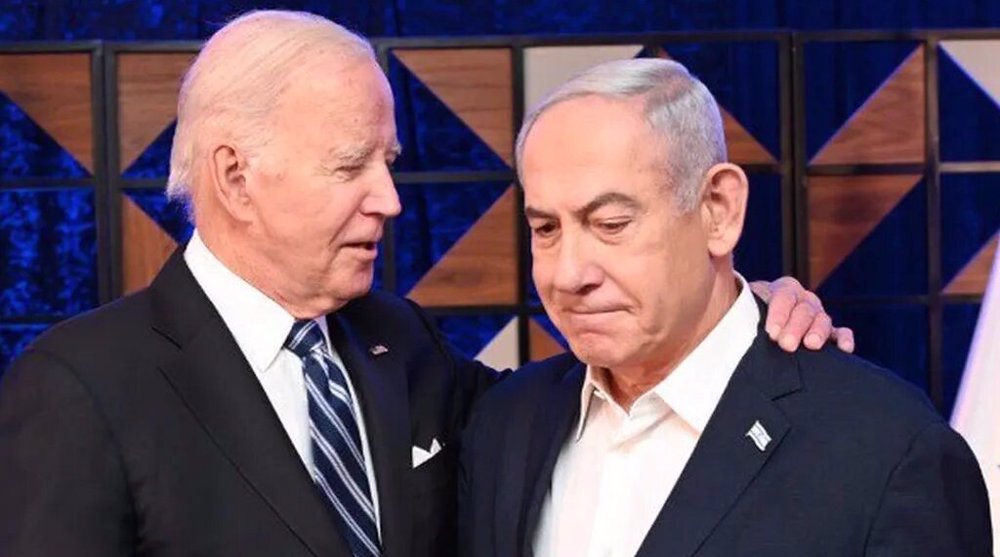




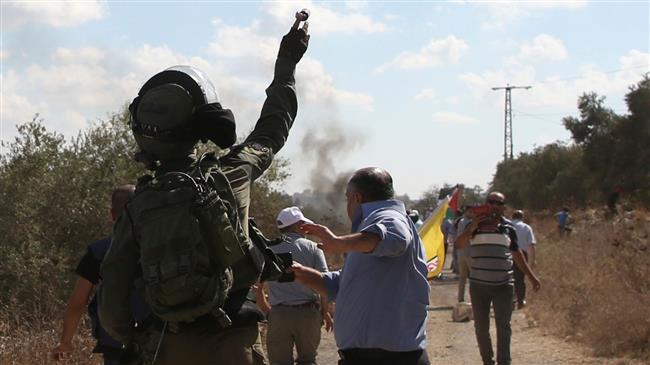


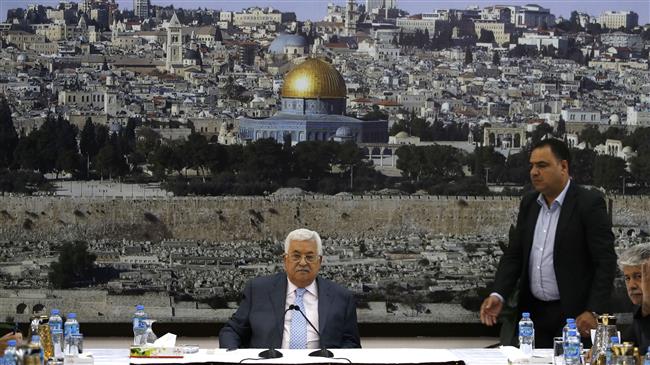
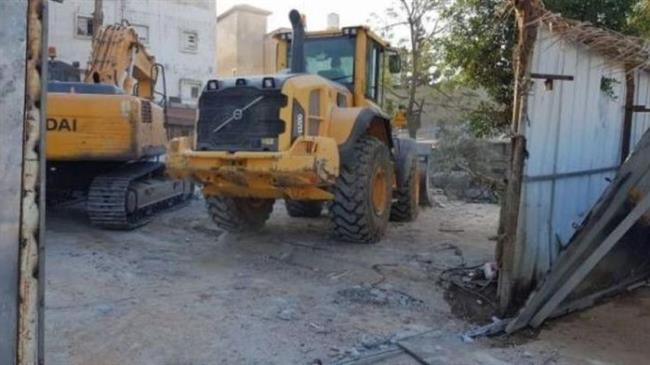
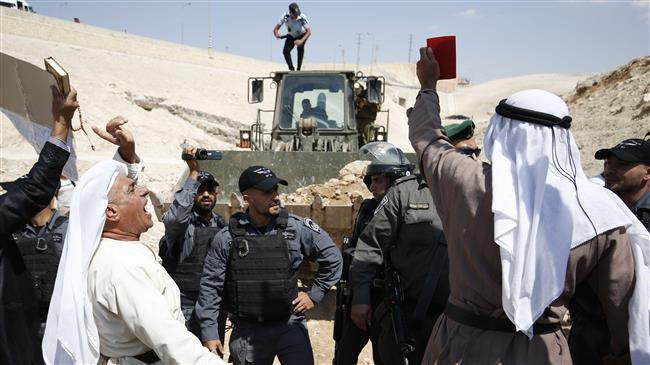
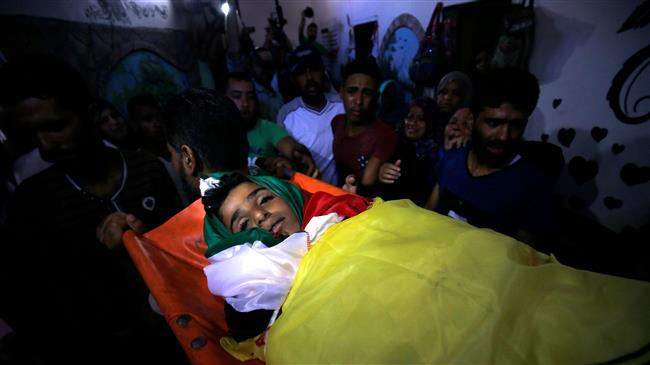




 This makes it easy to access the Press TV website
This makes it easy to access the Press TV website